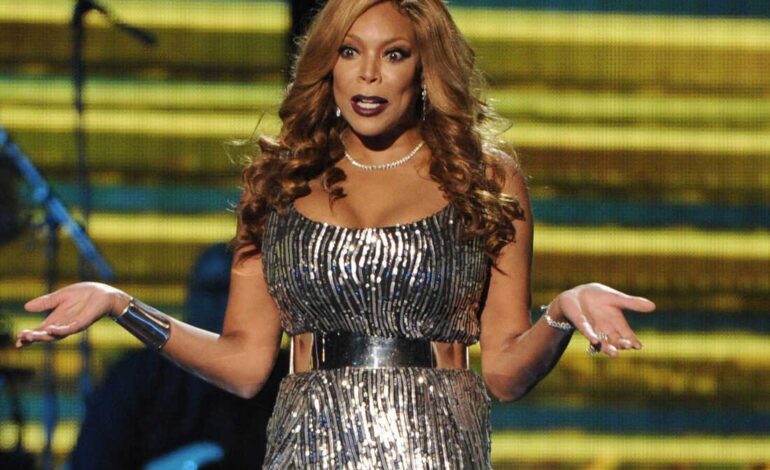Wendy Williams’ Guardian Asks Court to Block Early A&E Deposition Pending Guardianship Rulings

Maya Rivers here, a wandering heart with a notebook, smudging ink across headlines as if sorrow and courtroom filings were equal parts sonnet and subpoena. A wistful aside: when celebrity and law tango, the music is often a little offbeat and everyone stumbles.
Let us begin with the fact: Wendy Williams’ court-appointed guardian, Sabrina E. Morrissey, filed legal papers asking a civil court to deny A&E’s bid to depose the television host early in litigation surrounding the network. The plea, lodged on Wednesday, asks the civil judge to hold off on compelling Wendy’s deposition until the guardianship court resolves key procedural and medical issues that determine Wendy’s capacity and required accommodations.
In plain legal terms, Morrissey warns of a perilous conflict of orders. She explains that if the civil court imposes deposition procedures or conditions that clash with a later ruling from the guardianship judge, the guardian could be forced into an impossible position. Morrissey’s filing stresses that clarity from the guardianship docket is essential to avoid contradictory obligations and to ensure Wendy’s rights and well-being are respected during the civil process.
Central to the motion are Wendy’s medical needs. Morrissey notes that Wendy’s diagnosis requires personalized accommodations for any deposition, and assembling those supports cannot be rushed. Medical professionals must weigh in, guardianship determinations must be finalized, and both courts may need to coordinate before any testimony is taken. The guardian says this deliberative approach will minimize harm and legal entanglement.
For context, this filing comes amid broader public scrutiny about Wendy’s health. Reports indicate Wendy recently underwent a series of medical tests that some outlets say corroborate diagnoses including frontotemporal dementia and aphasia. Those reports have circulated widely, but Wendy’s attorney, Joe Tacopina, publicly called those claims false, pushing back against media interpretations. As of publication, Wendy’s representatives have not provided an official response to Morrissey’s motion.
The guardian’s strategy is twofold: first, deny A&E’s immediate request to schedule Wendy’s deposition; second, freeze or stay substantive decisions in the civil suit until the guardianship proceedings reach conclusions that clarify Wendy’s capacity and necessary accommodations. Morrissey argues the guardianship court is the appropriate forum to address these foundational issues, given its jurisdiction over Wendy’s personal and medical welfare.
This legal tug-of-war highlights the thorny interplay between a person’s medical status and the civil discovery process. Depositions can be invasive and exhausting; when a party’s cognitive functioning is disputed or under court review, forcing a rapid deposition risks producing unreliable testimony and causing real harm. Morrissey’s filing frames the delay not as obstruction but as protection—protecting Wendy’s health, legal interests, and the integrity of testimony that might otherwise be contested later.
We should watch the next steps closely. A&E has pushed for discovery to proceed, arguing timelines are necessary for litigation. The civil court must now weigh whether to enforce scheduling urgency or respect the guardianship court’s ongoing determinations. If the judge sides with Morrissey, the civil case could be paused until the guardianship judge issues clearer guidance on Wendy’s status and what accommodations are required.
In the theater of celebrity and law, every filing is a stanza and every hearing a refrain. This chapter asks a simple, humane question: can the machinery of litigation slow down long enough to listen to doctors and judges who guard a person’s capacity? For Wendy Williams, the answer may determine whether a deposition is a sober accounting of facts or an episode that needs forgiveness later.
A rueful closing line: the gavel may fall, but the echo of how we treat the vulnerable lingers. Keep your eyes on the docket—poetry rarely predicts court dates, but sometimes it knows when to pause for care.
Sources: Celebrity Storm and TMZ, Statements from Sabrina E. Morrissey filing, Public statements by Joe Tacopina
Attribution: Chris Pizzello (Creative Commons)




